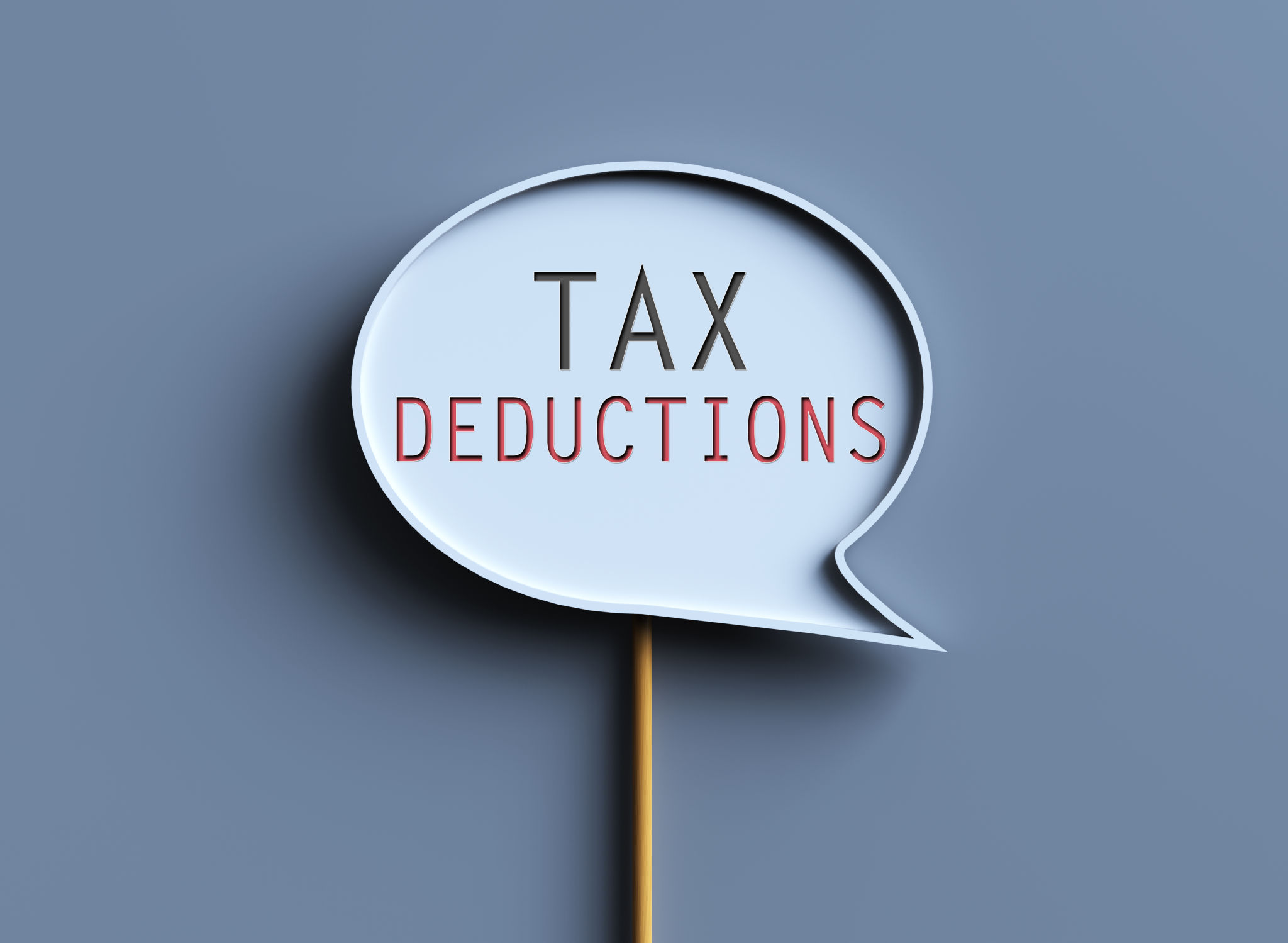Demystifying Tax Preparation: Common Myths and Misconceptions
Understanding Tax Preparation
Tax preparation is often perceived as a daunting task, shrouded in complexity and confusion. However, with the right knowledge and tools, it can be a straightforward process. Many misconceptions about tax preparation persist, leading individuals to make errors or avoid filing altogether. This blog post aims to debunk these myths and provide clarity.

Myth 1: Tax Preparation Is Only For Professionals
One of the most common myths is that only professionals can prepare taxes accurately. While tax professionals offer valuable expertise, many individuals can complete their own tax returns with the help of reliable software and resources. The key lies in understanding your financial situation and knowing where to find the right guidance when needed.
Today, numerous online platforms and software programs are designed to assist individuals in preparing their taxes efficiently. These tools often come with step-by-step instructions and customer support, making it easier for anyone to navigate the tax preparation process.
Common Misconceptions About Deductions
Another area rife with misconceptions is tax deductions. Many taxpayers miss out on potential savings because of misunderstandings about what qualifies as a deduction.

Myth 2: Only Big Expenses Are Deductible
A prevalent misconception is that only large expenses qualify for deductions. In reality, numerous smaller expenses can be deductible, such as work-related travel, home office expenses, and even certain educational costs. Keeping detailed records and receipts throughout the year can help you identify these deductions come tax season.
The Truth About Tax Audits
The fear of being audited is another concern that looms over taxpayers. This fear often leads to the belief that tax audits are more common than they actually are.

Myth 3: Filing Taxes Increases Audit Risk
Many people worry that simply filing taxes will increase their chances of being audited. However, audits are relatively rare, affecting only a small percentage of taxpayers each year. The IRS typically targets discrepancies, such as unreported income or unusual deduction patterns, rather than random selections.
Staying organized and accurate with your tax filings will minimize the risk of an audit. Double-checking your entries and ensuring all income is reported can further protect you from potential issues.
Conclusion: Embrace the Process
Demystifying tax preparation begins with debunking these myths and approaching the process with a clear understanding. Whether you choose to handle your taxes independently or seek professional assistance, being informed is your greatest asset. Embrace the process, utilize available resources, and take control of your financial future with confidence.
